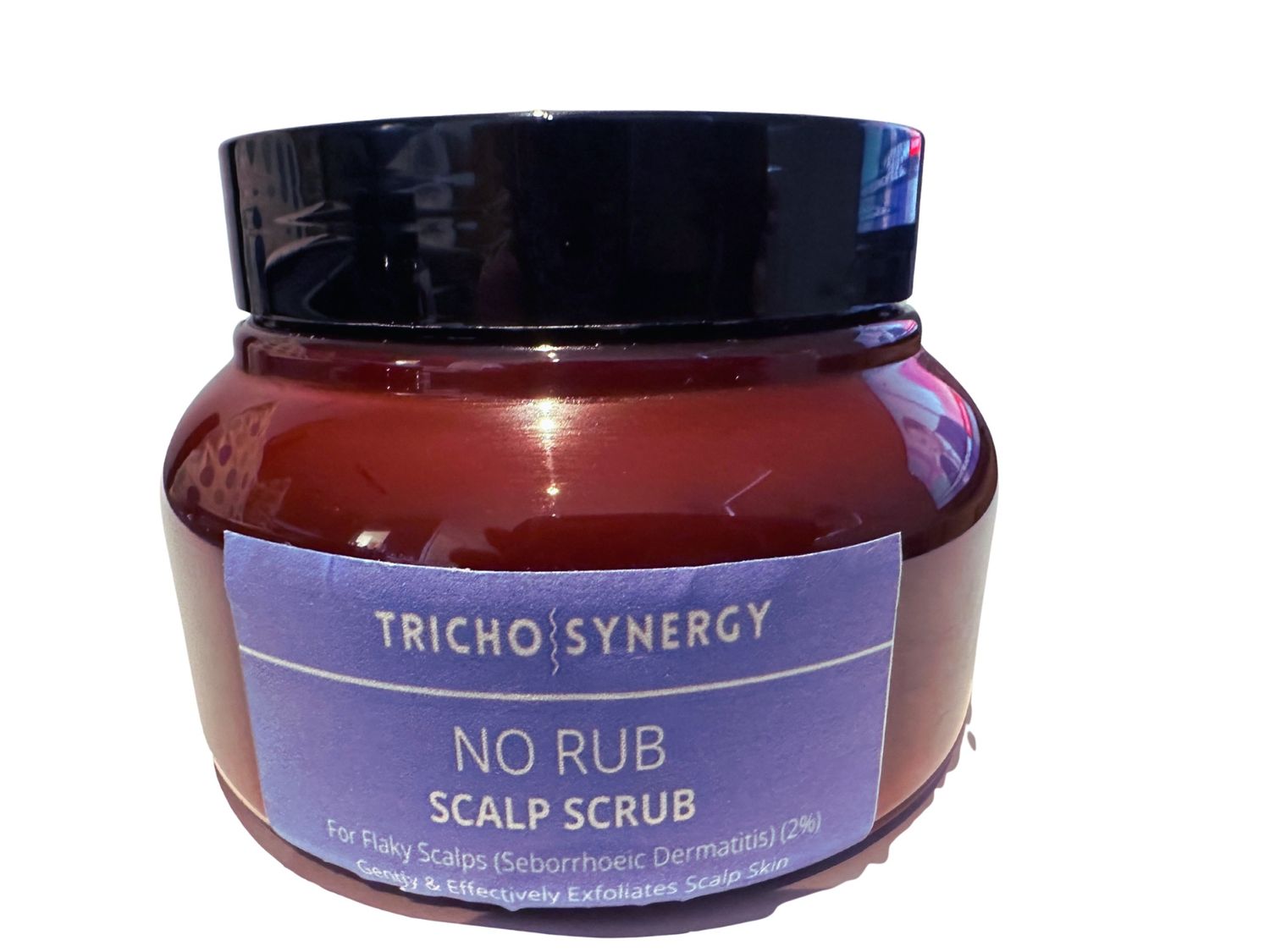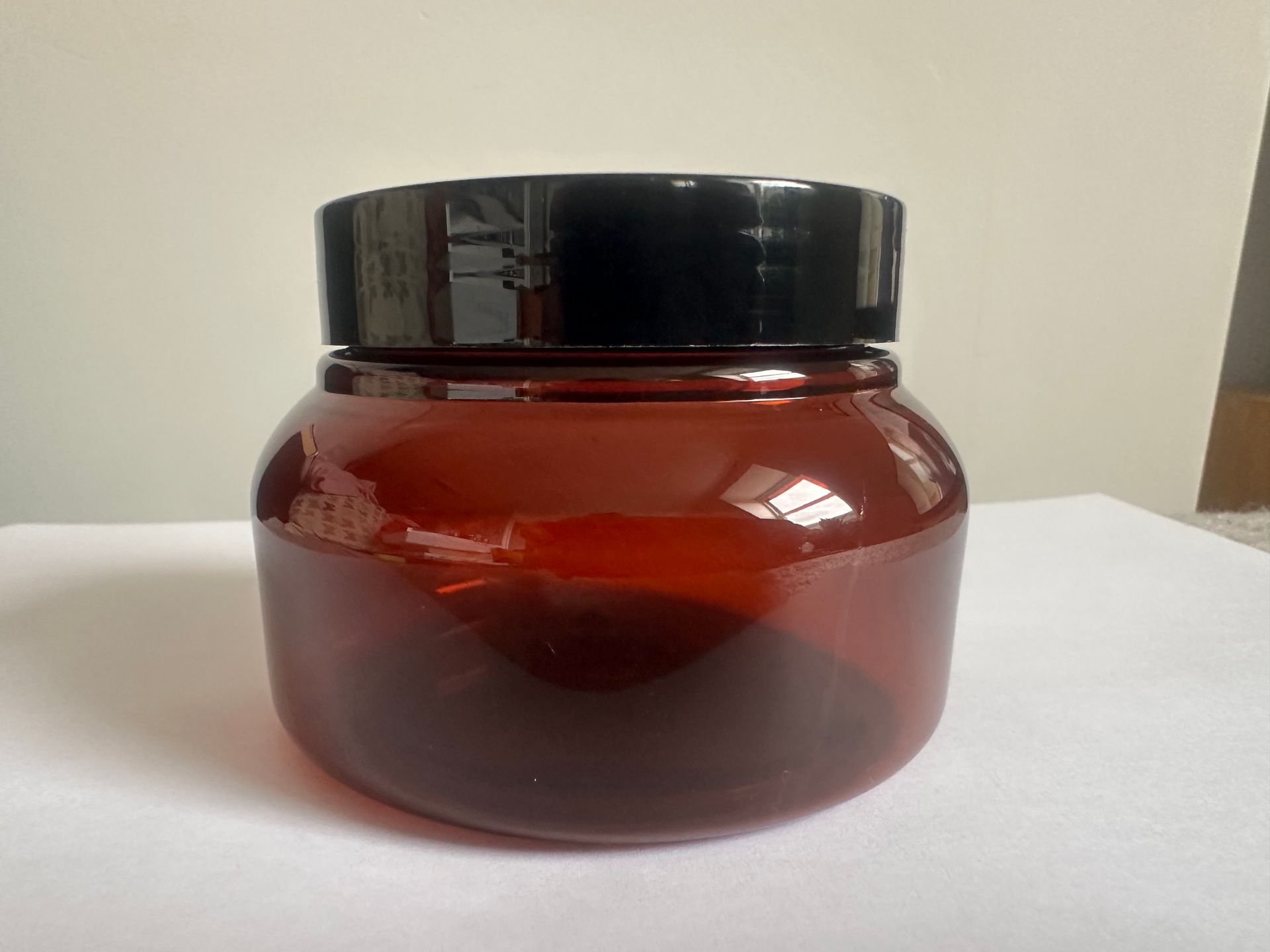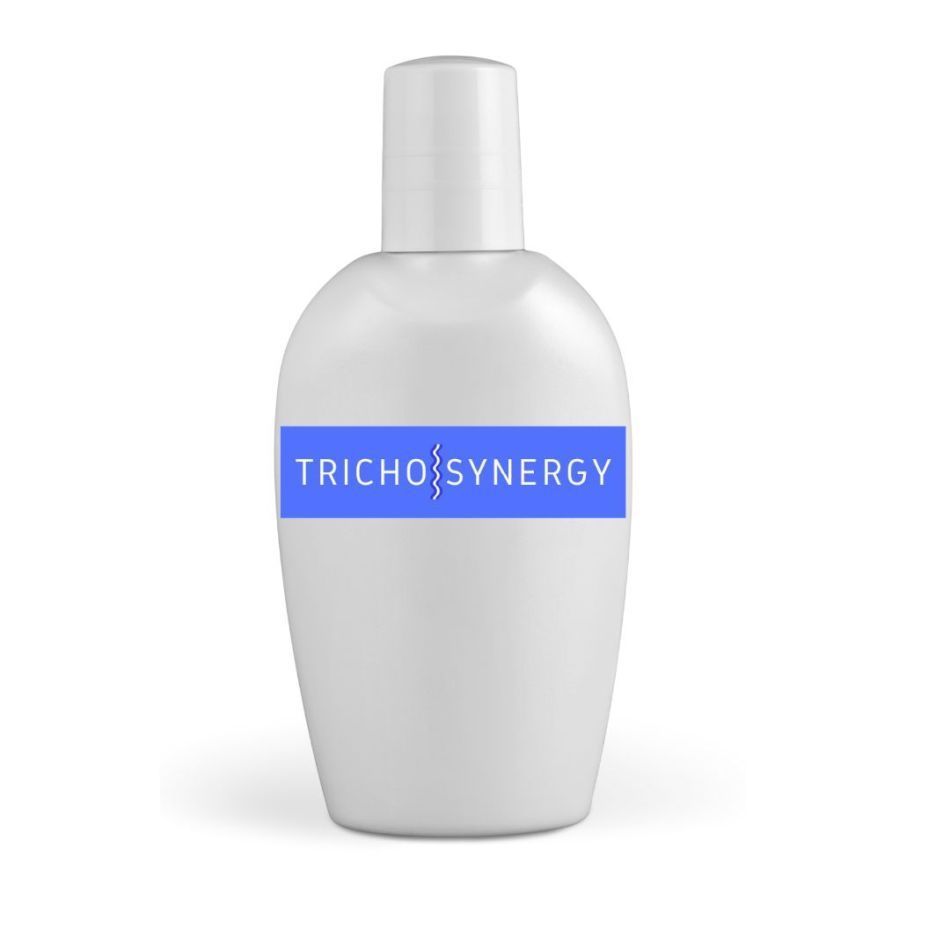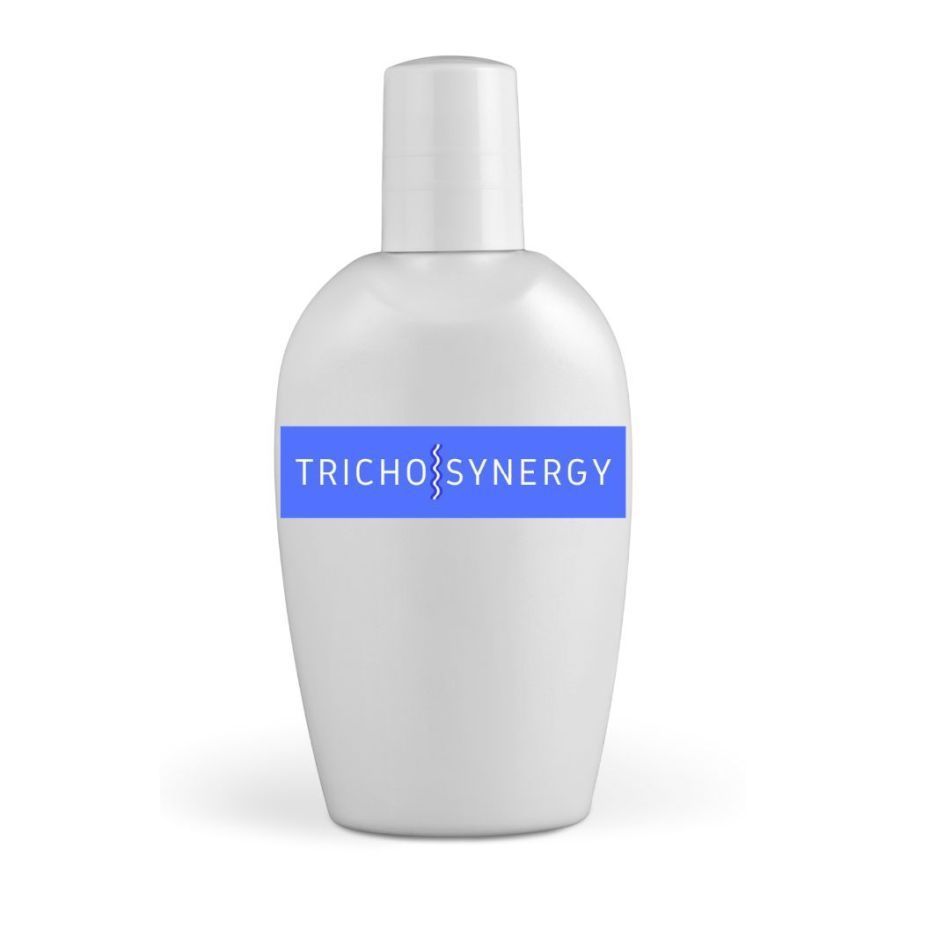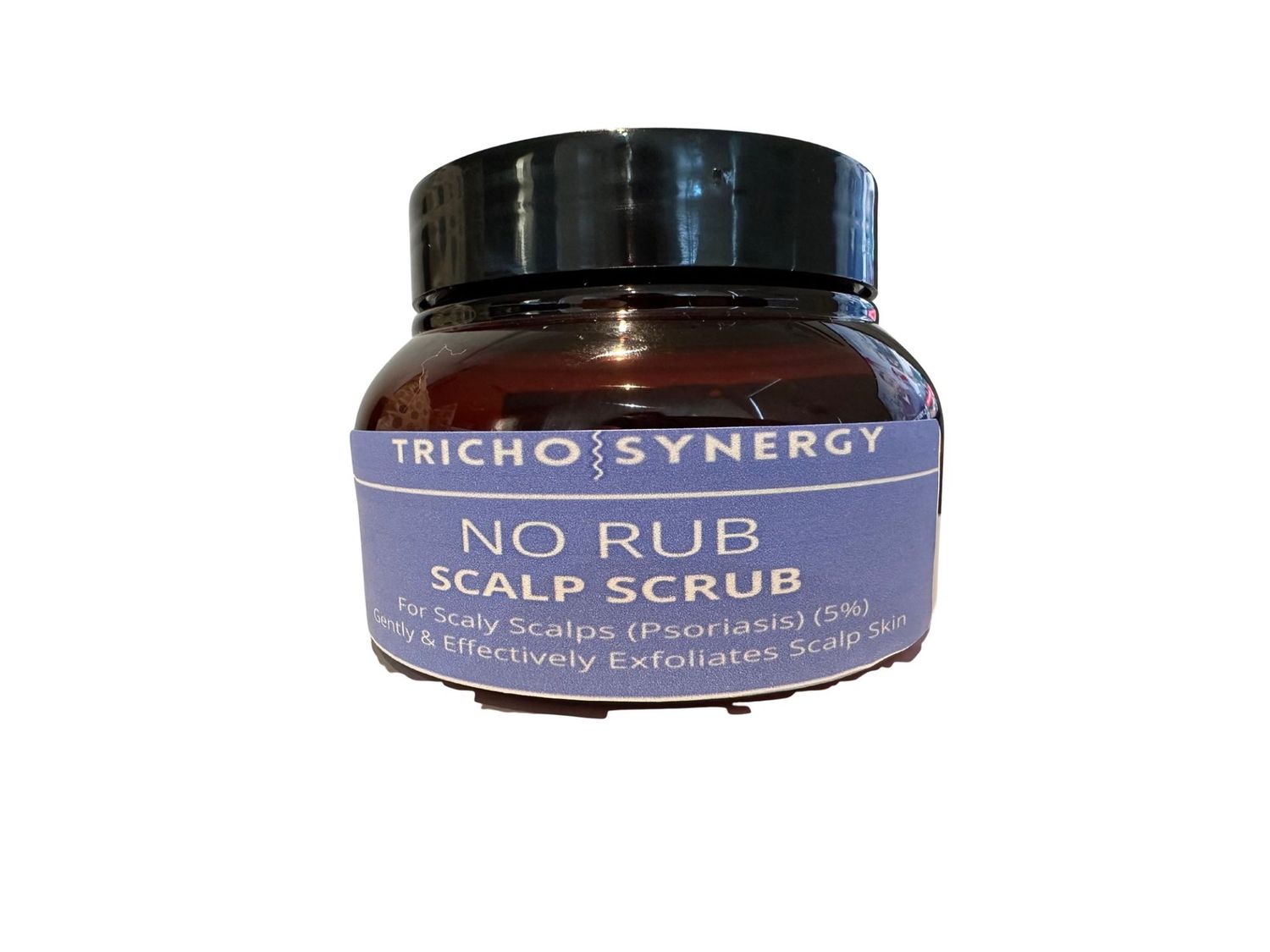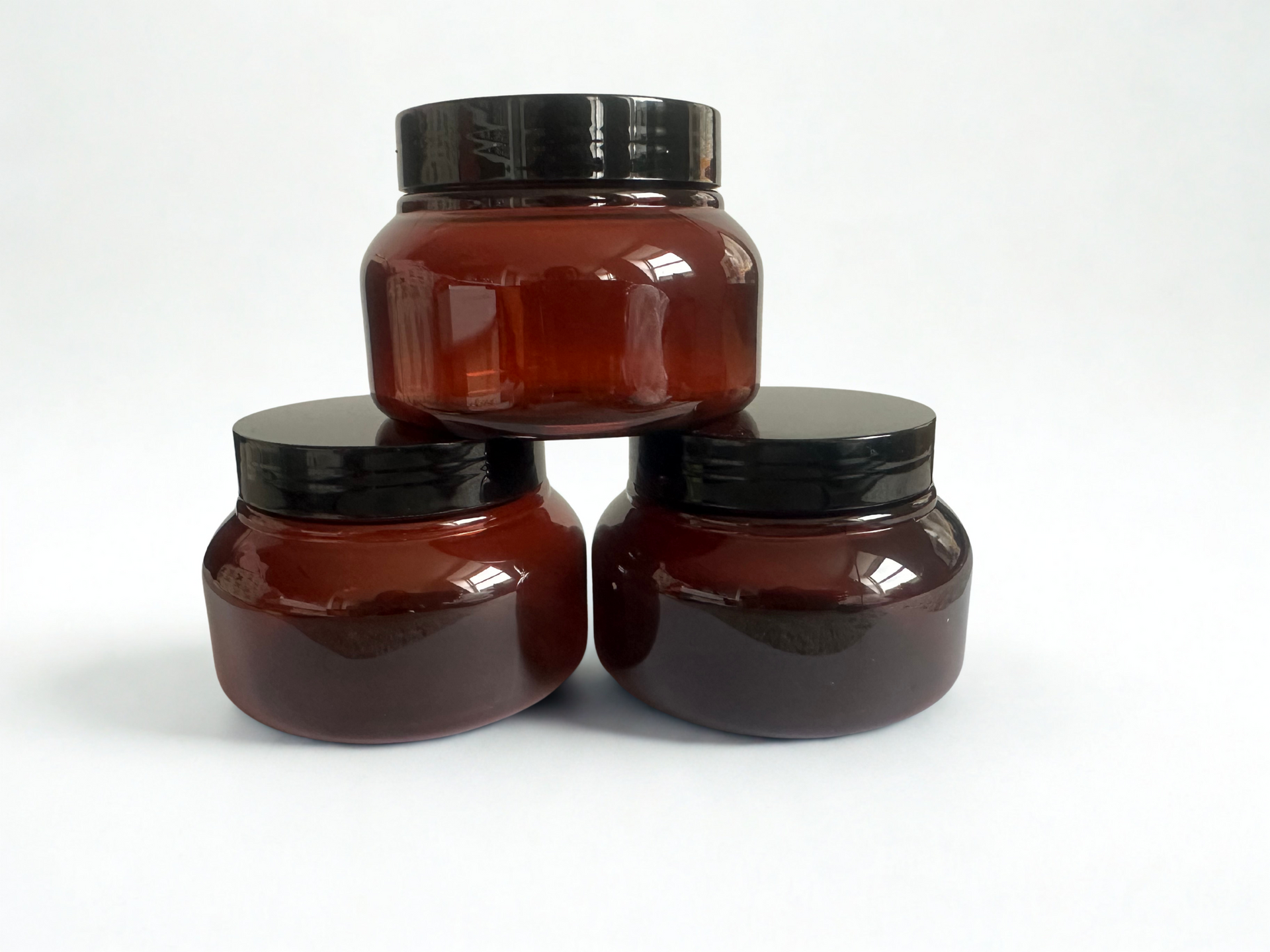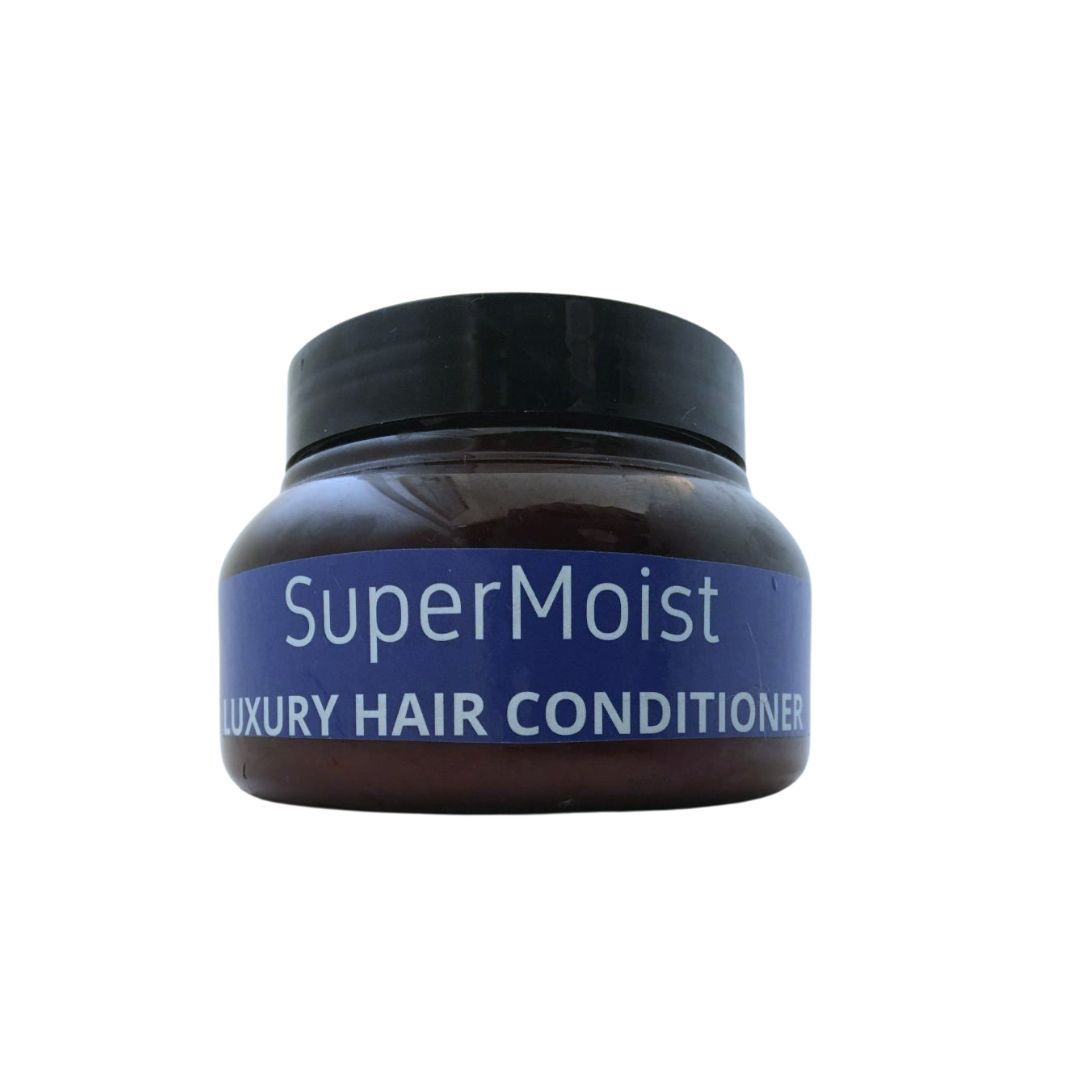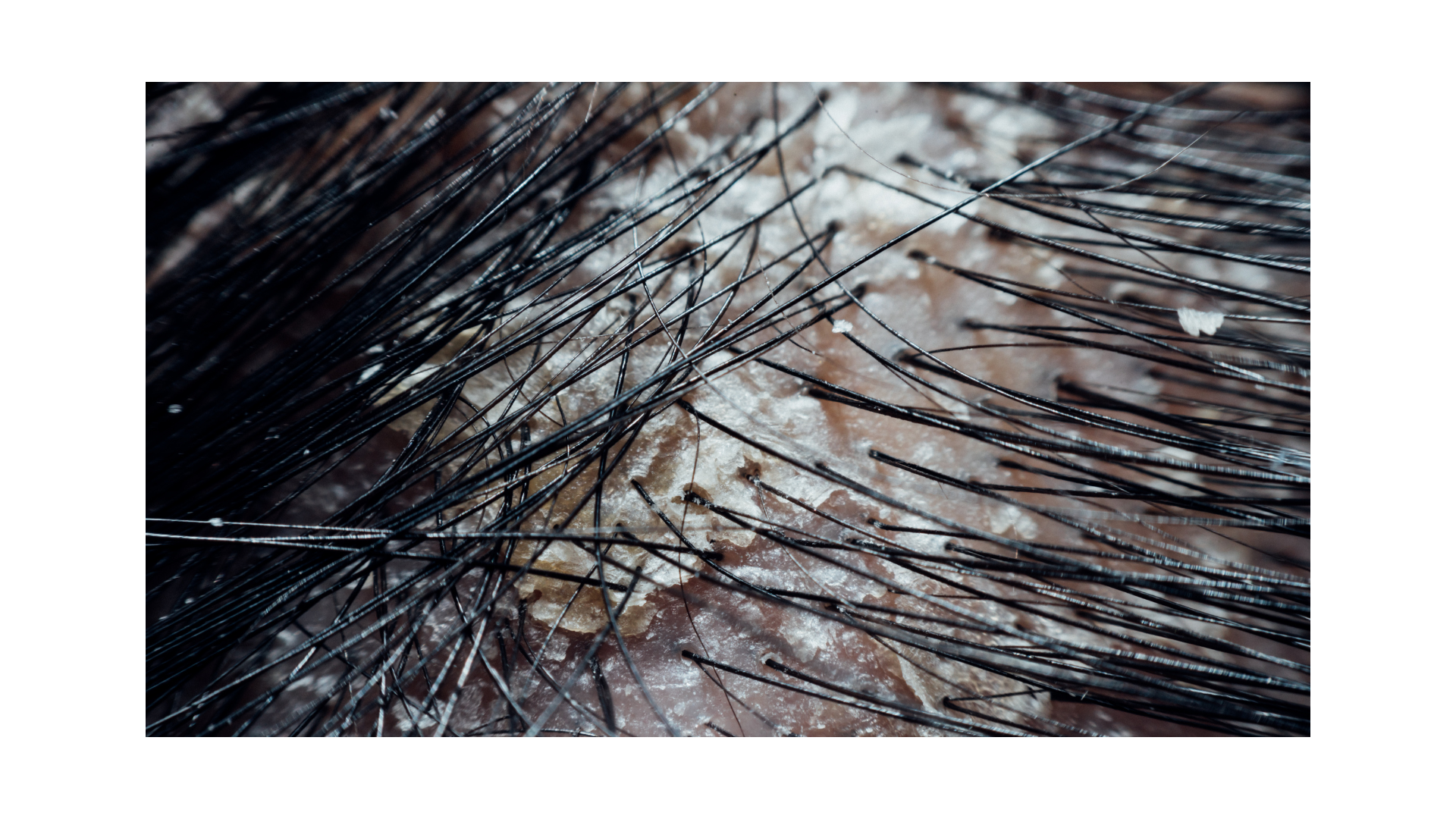Understanding A Flaky Scalp : A Supportive Chat with Your AI Trichologist, Scalp Expert
Hello there! I'm your AI Trichologist, Scalp Expert and I'm here to chat about A Flaky Scalp. I know skin conditions, especially on your scalp, can be frustrating and sometimes embarrassing, but please remember you're not alone, and there are ways I can help. Let's go through some of the common questions I'm asked, and remember, I'm here to support you wherever I can.
What exactly is A Flaky Scalp?
As someone who has spent a decade working with patients experiencing various scalp conditions, I can tell you that a flaky scalp is one of the most common concerns that walks through my clinic doors. Let me break down what's really happening when you notice those tell-tale white or yellowish flakes on your shoulders.
Scalp eczema or dermatitis are commonly used to describe a flaky, itchy scalp condition. This can be caused by an irritant such as a chemical or by an allergy having previously been exposed to it. What's crucial to understand is that only an expert can differentiate between a dry, flaky scalp and actual dandruff—they're related but distinct conditions requiring different treatment approaches.
Normally, skin cells grow and die in a cycle lasting about a month, but when this process speeds up, dead skin cells accumulate more quickly and appear as visible flakes.
Common symptoms:
01
Dandruff/Flaky Scalp
Commonly found at the frontal hairline white or yellowish flakes and on your shoulders. This causes distress since it's prominently visible. A Flaky scalp is primarily caused by an accelerated cell turnover rate on the scalp. This acceleration is triggered by a naturally occurring yeast called Malassezia, which feeds on scalp oils (natural sebum and added oils) and can irritate the skin.
02
Itchy Scalp
Environmental factors also play a significant role in itchy scalp conditions. Dry winter air can dehydrate the scalp, making flaky and itchiness more apparent. Conversely, excessive humidity may increase oil production and yeast growth. Product build-up from shampoos, conditioners, and styling products can trap dead skin cells and create a visible flaking effect that resembles dandruff but is a separate issue that requires different treatment approaches.
03
Flaky Scalp
A flaky scalp can be effectively managed mostly, and in some situations, it can be healed depending upon the cause. Think of it like managing dry skin elsewhere on your body—with the right care, you can keep it under control. The solution could be as simple as increasing your daily water intake. Most people with a dry or flaky scalps drink less than 1½ litres of water per day.
04
Seborrhoeic Dermatitis
Flaky scalp conditions can range from mild, occasional flaking to more persistent seborrhoeic dermatitis. The flakes themselves can vary in appearance: sometimes they're small and white, other times larger and more yellowish or oily in texture.
Environmental factors play a
A flaky scalp isn't necessarily about poor hygiene—it's often a manageable condition that responds well to the right approach.
AI TRICHOLOGIST SAYS
After you've tried everything, but your scalp is still itchy and flaky it's time to get your scalp checked by a Scalp Expert. Some Flaky Scalp conditions can can look unsightly AND lead to Hair Loss.
Do not be tempted to pick at or scratch your scalp. Do not apply oils to your scalp either, as this causes inflammation and it will just make the situation worse.
The best thing to do is to complete the consultation form and check in with AI TRICHOLOGIST Scalp Expert to have look at your scalp images and save your scalp as soon as possible.
Is A Scalp Flaky common?
You might be surprised to learn that it's quite common. So if you're dealing with this, you're certainly not alone. It's like being part of a club that nobody really wants to join, but has millions of members worldwide. There is a product solution here for everyone.
What causes A Flaky Scalp?
Ah, the million-dollar question! A Flaky Scalp is caused by a combination of factors:
- Genetics (thanks, family tree!)
- A naturally occurring yeast called Malassezia, which feeds on scalp oils
- Environmental triggers
- Low Water Intake
A Flaky Scalp is primarily caused by an accelerated cell turnover rate on the scalp. Normally, skin cells grow and die in a cycle lasting about a month, but when this process speeds up, dead skin cells accumulate more quickly and appear as visible flakes.
How do I know if I have A Flaky Scalp condition ?
Here are some signs to look out for:
- Tell-tale white or yellowish flakes on your shoulders
- Dry and tight scalp
- Itching or burning sensation
- Temporary hair loss in severe cases of scratching (don't worry, it usually grows back!)
- There are several flaky scalp conditions such as dandruff or scalp dermatitis (Eczema), Seborrhoeic dermatitis .
Then you are suffering from A Flaky Scalp Condition.
Is A Flaky Scalp contagious?
I'm so glad you asked this – it's a common concern. The short answer is yes, A Flaky Scalp is contagious, since the yeast spores from a comb or brush used by someone else will now be sitting on your scalp and hair - growing! However, it doesn't jump from person to person like a parasite.
How is A Flaky Scalp Condition diagnosed?
Diagnosing the type/cause of Flaky Scalp usually involves:
- A thorough examination of your scalp using a magnifying trichoscope
- A review of your medical history and any family history of dry scalp conditions
It's like being a scalp detective, piecing together clues, expertly working to solve the mystery of your flaky scalp condition.
What treatments are available for a Flaky Scalp ?
The good news is that simple treatments work well for most cases. Anti-dandruff shampoos containing ingredients like zinc pyrithione, selenium sulphide, or ketoconazole target the Malassezia yeast that contributes to flaking. These work like specialised cleansers that reduce both the yeast population and inflammation. Using these products during flaking - about twice weekly - is often enough to keep flakes at bay, but they should not be used daily as this makes the flaking worse. Use a gentle daily use shampoo, in between.
At Home Trichology Preparations will be made for you to continue the treatment process in your hair care program which may include supplements. You'll be sent this via email once you've completed your Hair loss Consultation form.
Now onto the fun part. I have several tools in my treatment toolbox:
- Mild, medicated cleansing shampoos formulated with properties to gently remove crusts, flakes and scale
- No Scalp Scrub to assist with regulating the production of skin cell growth (Keeping Scale at Bay)
- In clinic Light therapies to treat the scalp
- Mild OTC topical corticosteroids to reduce inflammation
Remember, treatment success can vary, and it might take some trial and error to find what works best for you. It's a bit like finding the perfect recipe – sometimes you need to tweak the ingredients.
Can diet affect A Scaly Scalp ?
While there's no specific "Scaly Scalp diet," some people find that certain foods affect their symptoms. Some tips to consider:
- Eat a balanced diet rich in fruits, vegetables, and omega-3 fatty acids
- Cut out white wine, shellfish, chocolate, spicy food and tobacco - these all cause inflammation
- Drink at least 2 1/2 litres of pure water daily – your skin loves water and your body will thank you for it!
- Eat anti-inflammatory foods like berries, fatty fish, and olive oil
Think of it as putting your body in the right environment to fight inflammation from the inside out!
How can I manage my Flaky Scalp day-to-day?
Let's keep this simple. Here are some daily management tips:
- Be gentle when washing and styling your hair
- Use lukewarm water instead of hot water on your scalp
- Moisturise your scalp regularly with Aqueous Cream (never oils)
- Reduce stress through relaxation techniques (Meditation - Try TM) and homeopathic remedies - (Crystal Herbs)
- Try your best to avoid scratching, even when it's itchy (I know it's tough!) (try my anti itch spray)
Will A Flaky Scalp affect my hair?
I understand this is a big concern for many people. The good news is that A Flaky Scalp itself doesn't cause permanent hair loss. However, excessive scratching or harsh treatments can lead to temporary hair loss. There are a few treatment shampoos and Deep Conditioners here that can really help with keeping your hair hydrated and flexible, protecting from breakage by strengthening the hair fibre and protecting the cortex.
How can I cope with the emotional impact of A Flaky Scalp?
This is such an important question. A Flaky Scalp can be emotionally challenging, and your feelings are completely valid. Here are some coping strategies:
- Talk to friends, family, or a therapist about your feelings
- Practice stress-reduction techniques like meditation or yoga (tm.org.uk)
- Focus on overall health and well-being - stay positive
- Remember that you are so much more than your scalp condition. Many people with Chronic Flaky Scalp Conditions lead happy, successful lives. It's a tiny part of you, so don't let it define you!
When should I see a doctor about my Flaky Scalp?
It's great that you're being proactive about your scalp health!
Consider seeing your doctor if:
- Over-the-counter (OTC) treatments aren't helping
- Your symptoms are severe or worsening
- You're experiencing significant discomfort or distress
- You notice any signs of infection (increased redness, warmth, or pus)
- Your Flaky Scalp is affecting your daily life or self-esteem
Remember, you don't have to manage this alone. I'm here to help.
Treating your Flaky Scalp
I've said that a Flaky Scalp is a common condition that many people experience, and while it can be challenging, there are ways to manage it effectively. Your scalp might be extremely flaky and itchy or flaring up, but try to focus on the positives and not allow this condition to control your life. If you have any more questions, don't hesitate to ask. Drop me an email or complete the free consultation form.
Not sure which scalp condition you are suffering from? Fill out the Consultation Form and have a professional trichologist review it.
Take A FREE Online Hair Loss Consultation
